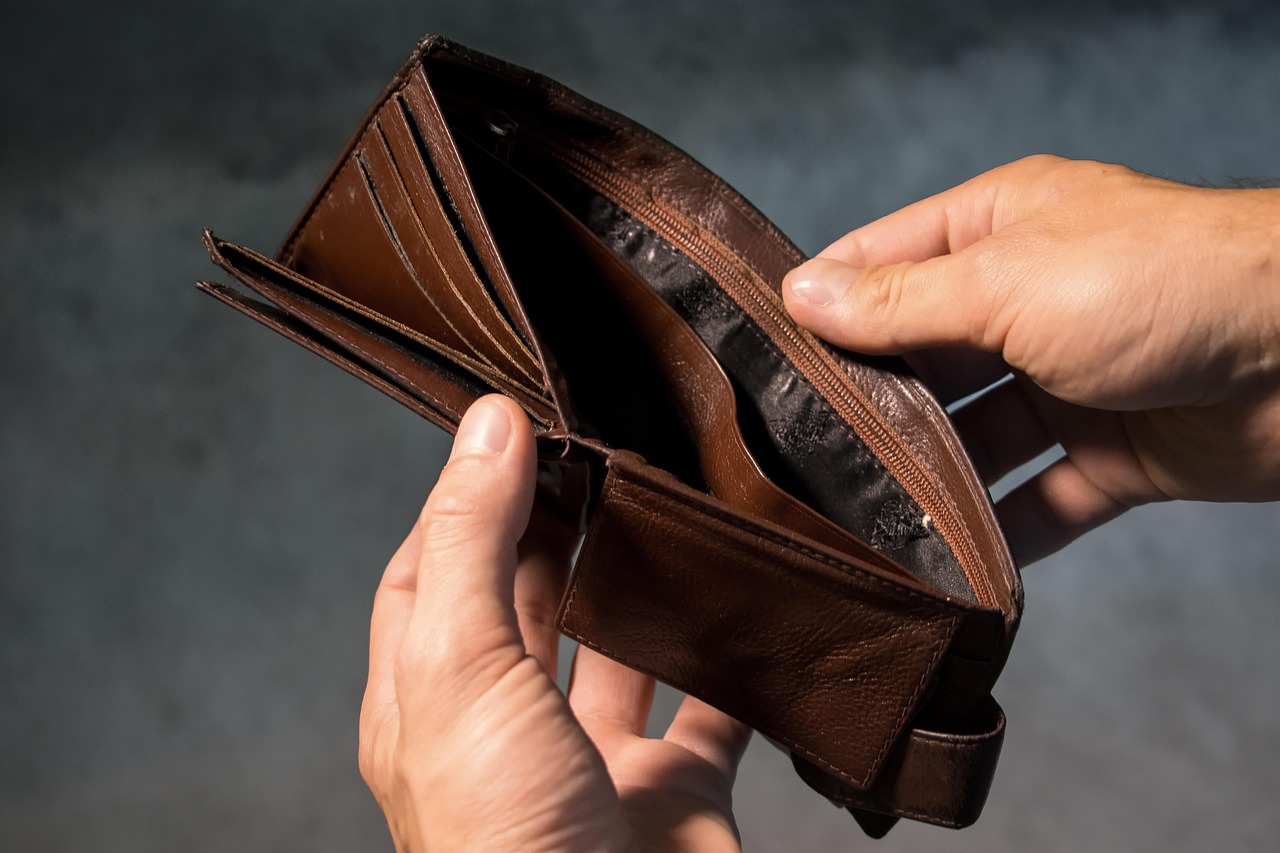Why Can Keeping a Vacant Property Be a Financial Burden?

Even if no one is living in the property, that doesn’t mean there are no expenses. In fact, a vacant home can generate fixed and variable costs that add up to a significant amount of money each year. Here are the most relevant ones:
Property Tax (IBI)
This municipal tax is levied on the ownership of the property regardless of whether it is occupied or not. The amount varies according to the cadastral value and the location of the home, but it usually represents a significant annual expense for any property owner.
Community Fees and Common Area Maintenance
If the home is part of a community, you must continue to pay maintenance fees. These include services such as cleaning, security, elevators, gardening, and other shared expenses, which do not stop just because the property is vacant.
Basic Utilities and Minimum Services
Even if they’re not actively used, utilities such as water, electricity, and gas often have minimum charges that must be paid. In some cases, keeping utilities active is advisable to avoid issues with plumbing or electrical systems, but this creates ongoing costs.
Home Insurance
Having home insurance on a vacant property is essential to protect it against possible damage, fire, theft, or deterioration. This insurance usually carries an annual cost depending on the policy and coverage selected.
Preventive Maintenance and Repairs
An unused house is at higher risk of deterioration. Issues like dampness, leaks, mold, or structural damage can appear and become costly repairs if proper and regular maintenance isn’t carried out.
How Much Does It Really Cost to Maintain a Vacant Property?
On average, according to real estate sector studies, keeping a vacant property can cost between 2,000 and 5,000 euros per year, depending on factors such as location, size, services, and the overall condition of the property. This expense may increase if the property is in an area with high property tax or costly community fees.
Risks of Keeping a Property Vacant
Illegal Occupation or “Squatters”
Vacant homes are common targets for illegal occupation, especially in urban areas or those with high housing demand. This not only implies the temporary loss of the property but also the potential need to face long and costly legal processes to recover it.
Vandalism and Theft
Lack of surveillance can attract vandalism or theft, which may result in considerable damage and additional expenses for repairs and security.
Accelerated Deterioration Due to Lack of Use
Unoccupied homes are more prone to issues such as dampness, mold, pests, and damage to installations. This is due to lack of ventilation, use, and regular supervision.
Tax Surcharges for Vacant Properties
Some local governments apply surcharges to the property tax (IBI) for homes that remain vacant for extended periods, aiming to encourage their use or sale.
When Is It a Good Idea to Sell a Vacant Home?
The decision to sell or keep a vacant home should be made by evaluating several key aspects:
- Need for Immediate Liquidity: If you need cash for other projects, investments, or to cover expenses, selling may be the fastest and safest option.
- Lack of Time or Resources to Manage It: Renting out a property requires management, time, and resources. If you are not willing to take on these responsibilities, selling can free you from this burden.
- Favorable Real Estate Market Conditions: If the market is rising and prices are attractive, it may be the perfect time to sell and get a good return.
- Avoiding Long-Term Expenses and Risks: Selling a vacant home eliminates recurring expenses and previously mentioned risks, providing peace of mind and financial stability.
Alternatives to Monetize a Vacant Property

If you don’t want to sell your property, there are ways to generate income from it:
Traditional Rental
Renting out the property can generate stable monthly income and help you cover maintenance costs.
Vacation Rental
In tourist areas, vacation rentals can be highly profitable. However, they require more active management, frequent upkeep, and compliance with local regulations.
Renovations to Increase Value
Investing in renovations or improvements can significantly increase the property’s value, both for a future sale and to secure a higher rental price.
Personal or Family Use
Another option is to use the property for yourself or your family, thus preventing it from remaining empty and reducing risks.
Practical Tips for Owners of Vacant Properties
- Regular Maintenance: Conduct inspections and maintenance to prevent major damage.
- Security: Install alarm systems or cameras to prevent squatting and theft.
- Manage Utilities: Keep only necessary services active to reduce costs.
- Consult with Professionals: Seek advice from real estate agencies or consultants to evaluate the best strategy for your situation.
Conclusion
Maintaining a vacant home represents a financial burden and risks that can seriously impact your assets and peace of mind. That’s why it’s essential to carefully analyze your options and decide whether selling is the best solution for you or if you prefer other ways to make the property profitable.
If you decide to sell, trust experts to get the best price and speed up the process. At Alfa Casa, we have extensive experience in buying and selling homes, helping you make the best decision in today’s market. For more useful information on managing vacant homes, we recommend reading this article from Idealista.